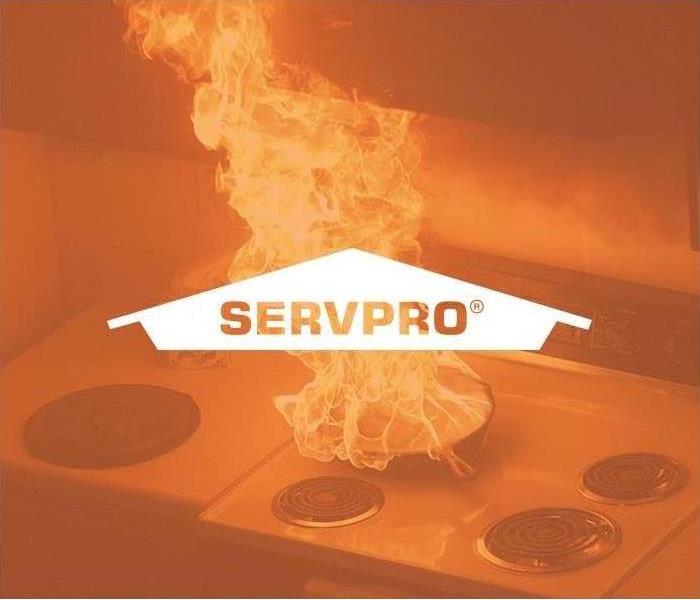3 Tips to prevent fires in the home
1/31/2018 (Permalink)
Growing up, we’re given important advice on preventing home fires: don’t leave candles burning; don’t leave your stovetop on; keep anything that can catch fire (like a pot handle) away from the stove.
Household fires are a growing problem in the U.S. According to the Department of Homeland Security, each year thousands of people die in home fires, which cause an estimated $7.3 billion in direct property loss annually.
Indeed, three often-overlooked household items can cause a fire: clothes dryers, batteries and power strips.
The Today show spoke with Lt. Anthony Mancuso, Director of Fire Safety and Education with the FDNY to give us some helpful tips on minimizing the risk of house fires from these items.ip 1: Clean your lint screen
Dryers work best when the lint screen is clear. But did you know that a dryer full of lint is actually a fire hazard, too? Lint is extremely flammable, and electricity from a running dryer can be enough to spark it if the screen is full.
Luckily, it's easy to safeguard your home against this fire risk. Before starting the dryer cycle, simply open your lint catcher compartment and give it a quick swipe.
Tip 2: Carefully store your batteries
Batteries – particularly 9 Volt – pose a potentially serious fire risk. We tend to leave them lying around the house when they're not powering our electronics. We usually keep them sitting loose in a drawer somewhere.
But because of the design of 9V batteries - which feature both the positive and negative poles on the same side of the battery – they can be a real fire hazard.
Something as simple as a paperclip or coin coming into contact with both poles can be enough to overheat the battery and cause a spark, which can turn into a fire.
Even AA or AAA batteries should be stored in a safe way: store them upright, or cover the top with a piece of tape.
Tip 3: Be aware of what you plug into power strips or extension cords
Most people plug their devices into whatever open outlet is closest. But beware if that outlet is a power strip or extension cord! These devices can be mismatched with the voltage your device requires which could easily lead to a home fire.
This is especially a concern with items that heat up, like toasters, coffee makers or space heaters. These items should be unplugged when not in use.
When you start putting extension cords on some of these items, the extension cord may not be matched properly with the same size wire. When you’re pulling all that electricity through that other extension, it starts to melt that wire – and that’s when the fire starts.
What should you plug into a power strip or an extension cord? The power strip is for your computer, your flat-screen TV, any entertainment items. It’s not for space heaters or air conditioners; those items should be plugged directly into the wall outlet.
Take these tips into consideration to avoid a home fire. Should your home experience an unexpected disaster, visit SERVPRO® to contact the Fire & Water Cleanup & Restoration experts.
It's best to call us directly 336-946-1131






 24/7 Emergency Service
24/7 Emergency Service
